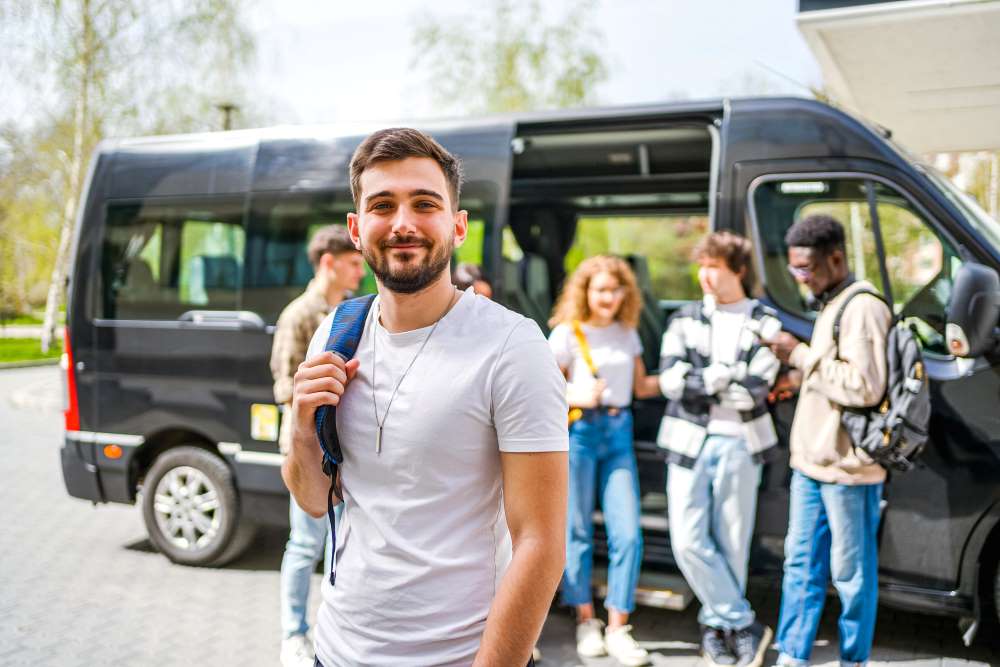
Travel as an educational experience is often disregarded in a world where traditional education is the path to success. Immersing oneself in new cultures, languages, and situations can teach life lessons that are difficult to learn in a classroom. This article discusses how real-world experiences can outperform academic learning in numerous ways.
The Unparalleled Education of Real-World Experience
Gaining Practical Knowledge
Traveling teaches fundamental skills that colleges rarely teach. Travel skills are vital, from navigating foreign transportation systems to managing currency budgets. Such experiences foster problem-solving, adaptability, and ingenuity, which are valued in the workplace. Travel also teaches how to handle uncertainty and unpredictability, which are ubiquitous in real life but rare in academic settings. In contrast to classroom learning, hands-on learning increases personal development.
Cultural Immersion and Global Awareness
Travel immerses people in culture, unlike theory. Interacting with different cultures improves communication, empathy, and perspective. In a globalized world, exposure to diverse cultures helps foster a more tolerant and understanding perspective, something textbook learning typically needs to do. Observing and participating in diverse cultures and traditions provides a broad view of the world that cannot be recreated theoretically. It promotes language skills and a sophisticated awareness of global issues, making people more well-rounded and informed global citizens.
Personal Development beyond Academic Boundaries
Building Confidence and Independence
Solo travel teaches self-reliance and confidence. Travel's challenges and unpredictability force people out of their comfort zones, promoting independence and self-confidence for personal and professional growth. Learning new languages, exploring new cities, and making decisions in unusual situations strengthens character. Interestingly, many solo travelers share their experiences on platforms like Reddit, where you can find discussions and reviews on various topics, including nerdify reviews on reddit for those interested in educational services. Growth like this is often more potent than college's planned, predictable courses, where outcomes are more controlled and less dependent on individual initiative.
Emotional Intelligence and Adaptability
Traveling is unpredictable, which boosts emotional intelligence. It teaches how to handle difficult emotions, adjust to new situations, and work with diverse people. These emotional intelligence skills are commonly undeveloped in regular education. Traveling presents many emotional and social obstacles, from coping with loneliness to settling group conflicts, providing a real-life laboratory for empathy, patience, and perseverance.
Networking and Career Opportunities
Expanding Professional Networks
Travel enables the development of professional networks in a manner that is frequently unattainable during college. Engaging in professional interactions with individuals from diverse cultural backgrounds can facilitate the formation of partnerships and career opportunities that are not commonly available via undergraduate networks. These connections transcend professional boundaries and frequently evolve into enduring friendships, support systems, and advantages. These exchanges of disparate ideas and perspectives have the potential to inspire creativity and innovation, both of which are invaluable assets in any professional trajectory.
Real-World Experience for the Job Market
Increasingly, employers value practical experience. Travel offers a wide range of experiences that can distinguish a resume by demonstrating an individual's adaptability, critical thinking, and ability to manage diverse situations – all of which are highly regarded skills in any professional environment.
For instance, they are effectively managing a crisis while on the road, which can serve as an illustration of crisis management prowess, whereas adeptly navigating cultural disparities signifies robust interpersonal aptitude. Potential employers may find these practical experiences more persuasive than academic accomplishments in and of themselves, given that they illustrate a candidate's capacity to excel in dynamic and demanding settings.
Financial Considerations and Return on Investment
The Cost-Benefit Analysis
Increasing tuition fees are frequently accompanied by a dubious return on investment in higher education. Conversely, the acquisition of practical skills and personal development through experiential learning can yield a greater return on investment than can be achieved through budgetary considerations. In light of the ongoing escalation of college tuition fees, innovative travel approaches and cost-effective alternatives such as work exchange programs, internships overseas, and scholarships present viable avenues for acquiring significant life experiences. By granting access to transformative experiences to individuals from various socioeconomic backgrounds, the financial flexibility of travel dismantles the elitist stigma frequently associated with higher education.
Investment in Lifelong Memories and Experiences
Although higher education confers academic credentials, travel imparts ethereal yet equally valuable rewards — enduring recollections and experiences. These experiences frequently influence character and perspective development in ways that formal education fails to emulate. Individuals' lives are profoundly and personally enriched by the anecdotes and recollections forged during journeys. These experiences not only engender feelings of happiness and satisfaction but also foster an eternal sense of gratitude and appreciation for the multifaceted world in which we reside.
Conclusion
In summary, although a college education continues to be esteemed, the insights and knowledge acquired through travel occupy an equivalent, if not greater, importance in terms of one's personal and professional growth. Unparalleled personal development, emotional intelligence, practical skills, and cultural sensitivity are all outcomes of travel experiences. Society's increasing adoption of a global perspective underscores the invaluable educational benefits of travel.



























